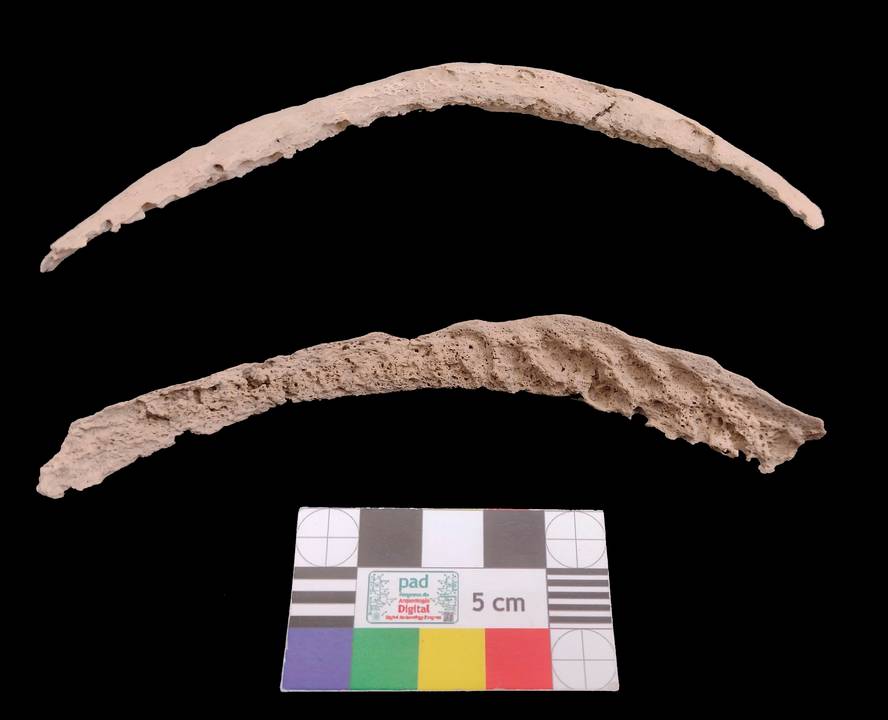It is confirmed that syphilis was prior to the arrival of the European conquerors in America
The origin of syphilis has long been the subject of debate. Although it is known that the European conquerors brought to America a large number of infectious diseases and caused very serious pests in their populations, some have considered syphilis as an exception imported from America to Europe. In fact, at the end of the 15th century, an unknown disease caused a catastrophe in Europe, and the description of the symptoms and the history of the contagion coincide with this hypothesis. On the contrary, another hypothesis is that syphilis already existed in Europe and that this plague had nothing to do with travel to America.
Now, in research led by molecular paleontologists at the Max Planck Institute, five genomes of the syphilis family have been recovered from fossils from different American countries: Mexico, Chile, Peru and Argentina. From their analysis, and from the results of previous studies, they have completed the genealogy of the syphilis family.
Thus, it is concluded that syphilis and family diseases were rooted in America and that the first trips to America were the origin of the outbreak of the late 15th century in Europe. Then, the same Europeans helped spread the disease through the trafficking of men in Africa and América.El study has been published in the journal Nature.






